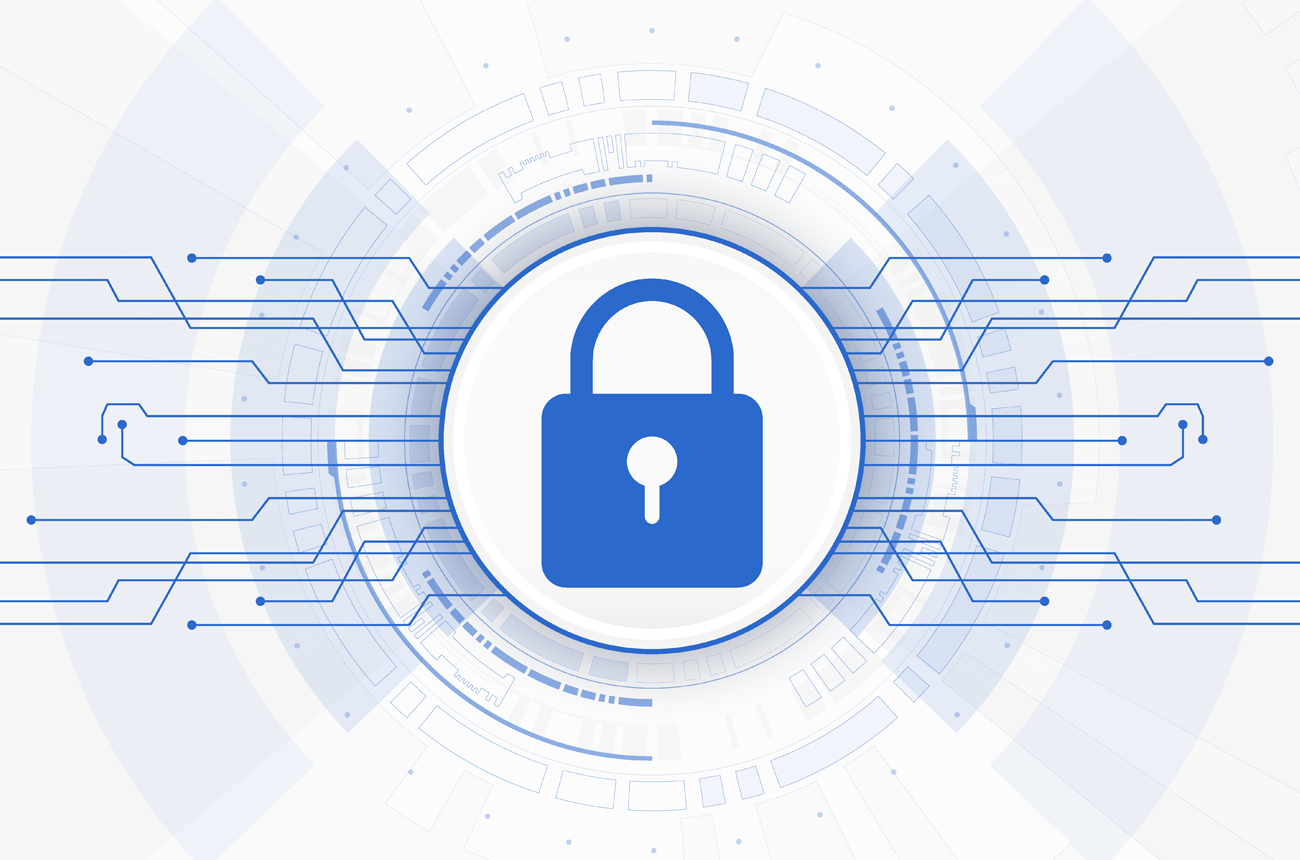
CyberSecurity
Cyber security is the application of technologies, processes and controls to protect systems, networks, programs, devices and data from cyber attacks. It aims to reduce the risk of cyber attacks and protect against the unauthorised exploitation of systems, networks and technologies.
$2,500
(25 % one time payment $1,875)
Who are cyber security professionals?
With data breaches becoming a pressing problem for a growing number of businesses across a wide range of industries, the demand for highly skilled cyber security professionals is on the rise. In fact, as many businesses move online and become more technologically advanced, the issue of information security is only set to increase in priority and those individuals with the right cyber security qualifications and skills are set to prosper.
- Strong analytical skills and a keen eye for spotting trends in data
- The ability to make decisions with confidence and show initiative
- To be able to work effectively under pressure and meet tight deadlines
- Have a keen attention to detail and work in a logical and objective fashion
- To be well organized and able to manage their own time
- The ability to work creatively and think outside of the box
- To have a clear understanding of confidentiality issues and relating laws
- An inquisitive nature and a keen interest in the IT sector
- Strong communication skills, as well as the ability to adapt communication styles to suit different audiences
Job Opportunity
There are different professional positions you can secure for yourself after once completing your cyber security program with us by getting your certification:
Ethical Hacker
Also known as “bug bounty hunters,” ethical hackers are some of the most crucial and well-paid cyber security professionals worldwide. They have become more prominent in the last decade, as major companies like Tesla have begun employing them to help fortify their cyberinfrastructure.
Information Security Engineer
Information security engineers wear many hats — but their core responsibilities are planning, implementing, and upgrading security measures for their clients’ computer systems and networks. Security engineers also ensure the safe transmission of network data via the fortification of firewalls and the application of pre-designed security controls.
Security Sales Engineer
Though most of the highest paying cyber security jobs are focused primarily on defense-related coding and auditing, IT sales roles are equally vital to the industry (and financially advantageous for you). This career path arose as companies in sectors dependent on sensitive consumer data (i.e., healthcare, finance) raced to update or adapt their network security protocols.
Ethical Hacker
Chief Information Security Officer (CISO): are invaluable senior-level executives and some of cyber security’s highest-paid professionals. CISOs merge their business management skills with technological prowess to simultaneously lead security teams, aid in incident response and system fortification, and oversee company data management and general security compliance.
Network Security Architect:
primarily responsible for building, implementing, and testing networks to ensure compliance with security policies and procedures.
Beyond that, architects are typically responsible for constructing local area networks (LANs), wide area networks (WANs), extranets, intranets, and other similar data networks. Additionally, these professionals regularly make recommendations for network improvements, maintain contingency plans to prevent or resolve breaches, and analyze data to fix various operational problems